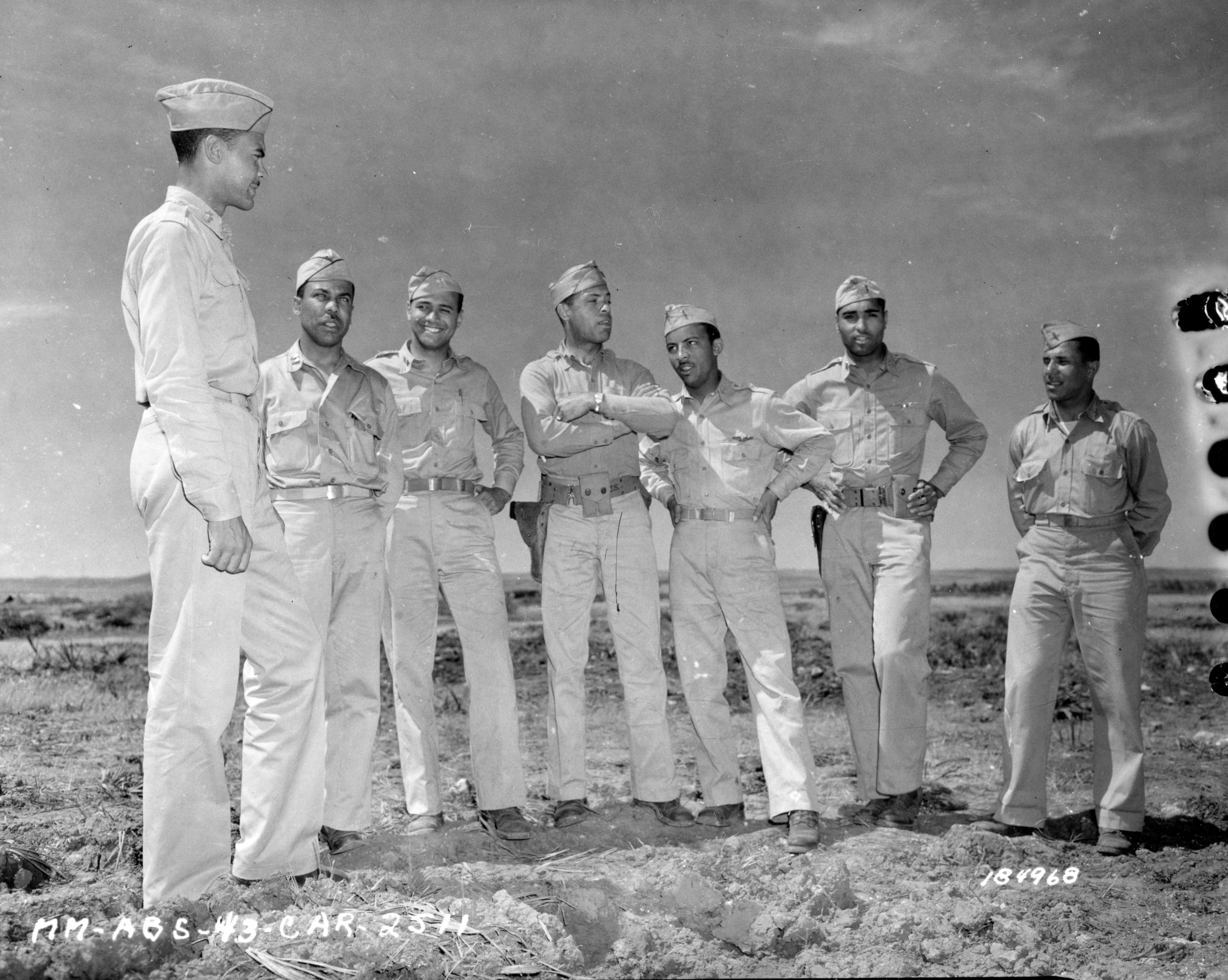Connecticut has now had 28 cases of monkeypox, according to the Centers for Disease Control and Prevention, and state health officials said Thursday that there will be 15 primary vaccinator sites across the state for people at high risk to get the vaccine to protect against monkeypox.
The state announced the first case of the virus on July 5.
“So, we’ve seen over the last many weeks how this infection has expanded in scope and started to affect the citizens of Connecticut,” Department of Public Health Commissioner Manisha Juthani said.
All 28 cases so far have been in men, between 20 and 49 years, and almost all identify as LGBTQ+, health officials said.
Get Connecticut local news, weather forecasts and entertainment stories to your inbox. Sign up for NBC Connecticut newsletters.
“What I do want to make clear though, is that anyone who has skin-to-skin contact with somebody who has had monkeypox could potentially get monkeypox,” Juthani said.
“This is not primarily a respiratory disease. It is one that with prolonged face-to-face contact with somebody is possible, but is primarily transmitted by skin-to-skin,” she added.
Linda Estabrook, executive director of the Hartford Gay & Lesbian Health Collective, said the population most affected now is men who have sex with men and called upon everyone to play a role “to stop the ugliness of stigma and shame and name calling that already has been happening, especially so it does not escalate.”
Local
Gov. Ned Lamont and Juthani held a news conference this morning at InterCommunity Health Care on Coventry Street in Hartford to discuss monkeypox.
Lamont said this virus is spread through close, personal contact, often sexual contact between men, and called for people who are at high risk to get vaccinated.
InterCommunity Health Care plans to distribute vaccines and expects to begin getting them next week. However, patients cannot walk in and get the vaccine. They will need a referral.
Community Health Center, Inc. said it will be a monkeypox vaccination site beginning Monday, Aug 1 and vaccines will be available to people referred by the Connecticut Department of Public Health or local public health departments or those determined as high risk after a provider visit.
Juthani said the state will build up vaccination capacity as they see a need.
Eight hundred doses will be going out Monday and the state plans to ramp it up as much as possible.
“Our goal is to try to get as many people that could be high risk for the disease to be covered by this vaccine as quickly as possible,” Juthani said.
State officials said there will be a screening process on who will be eligible for a vaccine and gay and bisexual Connecticut men, 18 and up, who have had a contact in the last 14 days would be prioritized.
Who Will Be Eligible for a Monkeypox Vaccine in CT:
- People identified by state and local public health as being a close contact to someone who has tested positive for monkeypox
- Connecticut residents who meet the following criteria:
- Men who have sex with men, gay, bisexual, transgender, gender non-conforming, or gender non-binary and
- Age 18 or older and
- Have had multiple or anonymous sex partners in the last 14 days
When to Get Vaccinated:
The state Department of Health said, if eligible to be vaccinated, people who should especially consider getting vaccinated if:
- Your partners are showing symptoms of monkeypox, such as a rash or sores
- You met recent partners through online applications or social media platforms (such as Grindr, Tinder or Scruff), or at clubs, raves, sex parties, saunas or other large gatherings
- You have a condition that may increase your risk for severe disease (HIV or another condition that weakens your immune system, history of atopic dermatitis or eczema)
Learn more on the state website here.
What Are The Symptoms of Monkeypox?
Symptoms of monkeypox can include:
- Fever
- Headache
- Muscle aches and backache
- Swollen lymph nodes
- Chills
- Exhaustion
- A rash that can look like pimples or blisters that appear inside the mouth or on other parts of the body including the hands, feet, chest, etc.
The CDC says the current strain of monkeypox is rarely fatal.
How Is Monkeypox Transmitted?
- Direct contact with the infectious rash, scabs, or body fluids
- Respiratory secretions during prolonged, face-to-face contact, or during intimate physical contact, such as kissing, cuddling or sex
- Touching items (such as clothing or linens) that previously touched the infectious rash or body fluids
- Pregnant people can spread the virus to their fetus through the placenta
- It’s also possible for people to get monkeypox from infected animals, either by being scratched or bitten by the animal or by preparing or eating meat or using products from an infected animal.
- Monkeypox can spread from the time symptoms start until the rash has fully healed and a fresh layer of skin has formed. The illness typically lasts two to four weeks. People who do not have monkeypox symptoms cannot spread the virus to others. At this time, it is not known if monkeypox can spread through semen or vaginal fluids.
Prevention of Monkeypox
The CDC recommends you take the following steps to prevent getting monkeypox:
- Avoid close, skin-to-skin contact with the monkeypox rash.
- Do not touch the rash or scabs of a person with monkeypox.
- Do not kiss, hug, cuddle or have sex with someone with monkeypox.
- Do not share eating utensils or cups.
- Do not handle or touch the bedding, towels, or clothing of a sick person.
- Wash your hands often with soap and water or use an alcohol-based hand sanitizer, especially after contact with sick people.
- In Central and West Africa, avoid contact with animals that can spread the monkeypox virus, usually rodents and primates. Also, avoid sick or dead animals, as well as bedding or other materials they have touched.
What To Do If You Have Monkeypox Symptoms
- See a healthcare provider if you have a new or unexplained rash or other monkeypox symptoms.
- Remind the healthcare provider that monkeypox is circulating.
- Avoid close contact, including intimate physical contact, with others until a healthcare provider examines you.
- Avoid close contact with pets or other animals until a healthcare provider examines you.
- If you’re waiting for test results, follow the same precautions.
- If your test is positive, stay isolated until your rash has healed, all scabs have fallen off, and a fresh layer of intact skin has formed.
Testing for Monkeypox
The state public health lab has been doing testing for monkeypox, Monday through Friday.
Diagnostic testing is now available from commercial laboratories, including LabCorp, Mayo Clinic, and Quest, according to the state Department of Public Health, and providers can order testing from these laboratories as they would order other diagnostic tests.
Sign up for our Breaking newsletter to get the most urgent news stories in your inbox.



